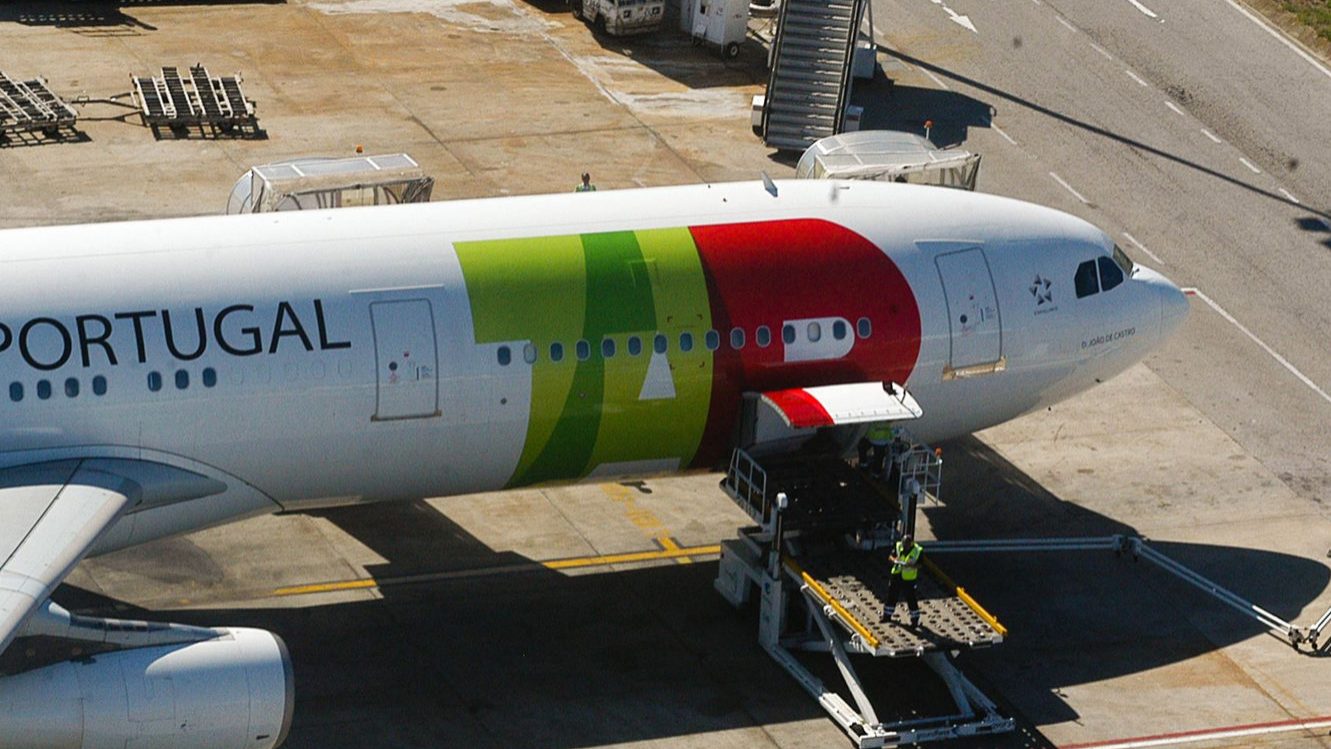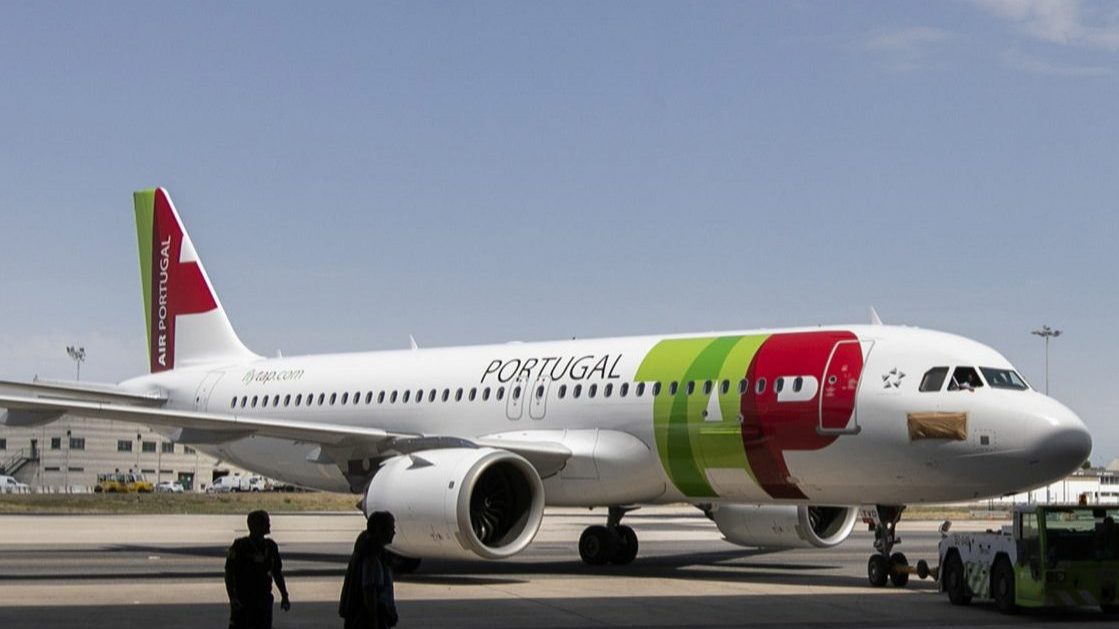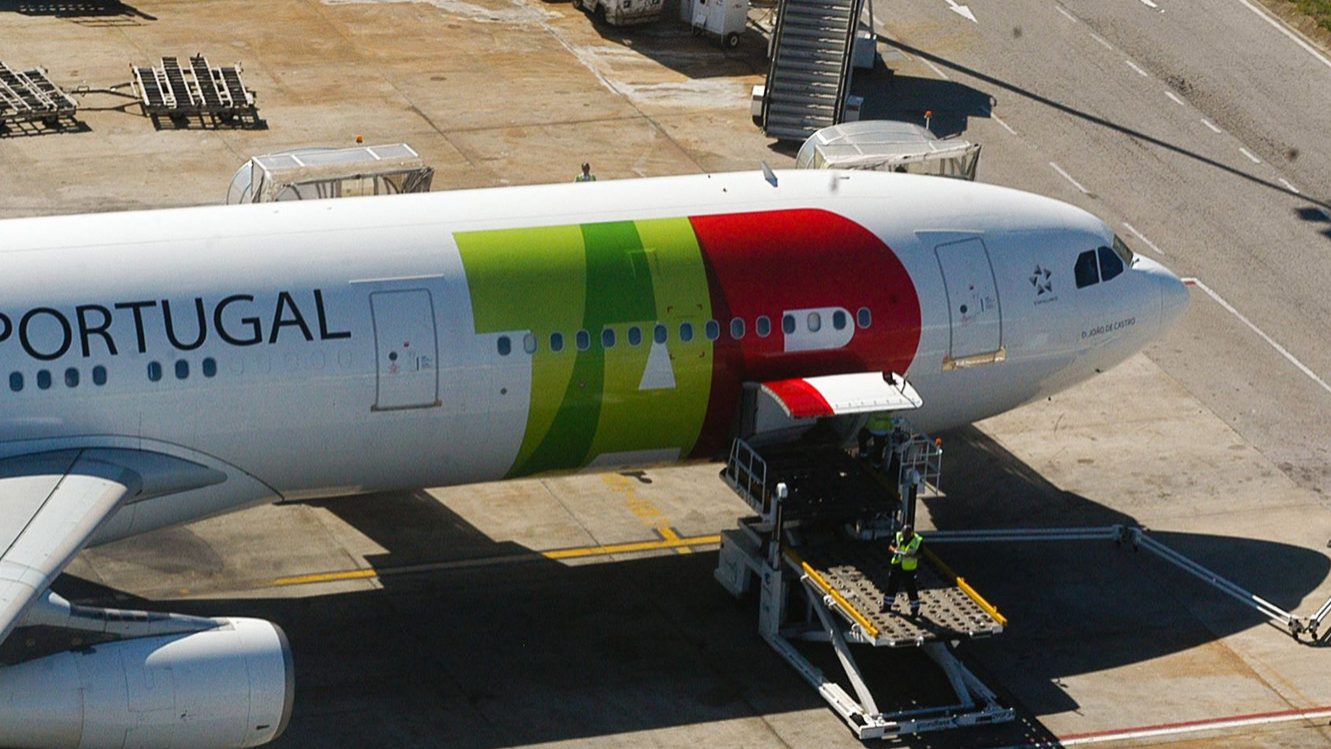TAP will reduce its fleet, workforce and wages
TAP will present the restructuring plan in Brussels by December 10. New cuts are coming. However, bondholders will not be affected.
TAP will have to deliver the economic and financial restructuring plan in Brussels by December 10, following the injection of 1,200 million euros of public aid to support the company in the Covid-19 pandemic. It will be an aggressive plan, and one that has yet to be accepted by European competition (which is never a certainty, far from it). The plan has not yet been communicated to the unions, the first to be impacted by the changes, but it will include cuts in the fleet, workforce and wages.
According to the information obtained by ECO, TAP’s fleet will move from 108 planes to a number between 85 and 90. And as a result, the company will have to cut at least 20% of its workforce. But the story will not end here. TAP’s management believes it will also be necessary to proceed with pay cuts and other working conditions, such as complements and other benefits, and this will require the collective agreements in force to be suspended.
Apparently, the debt restructuring contracted at the time of the bond issue with private and institutional investors will remain out of sight. The government fears a restructuring could have negative effects on the cost of the public debt itself, since TAP is a “nationalized” company, and this would end up having more costs (financial and reputational) than benefits. TAP has issued two bond operations, one of 200 million euros for the retail segment and another of 375 million euros of senior bonds for institutional investors (funds and international investors).
The Minister of Infrastructure, Pedro Nuno Santos, has already stated that he wants to meet with TAP unions in the first week of December, but before that, the very board of directors led by Miguel Frasquilho will have meetings with the unions to present the restructuring plan.
TAP will benefit in the State Budget 2021 from a government guarantee of 500 million euros, but the airline’s board of directors already admits scenarios of strengthening these guarantees, or direct capitalization – a process that always requires the approval of the European Commission.


